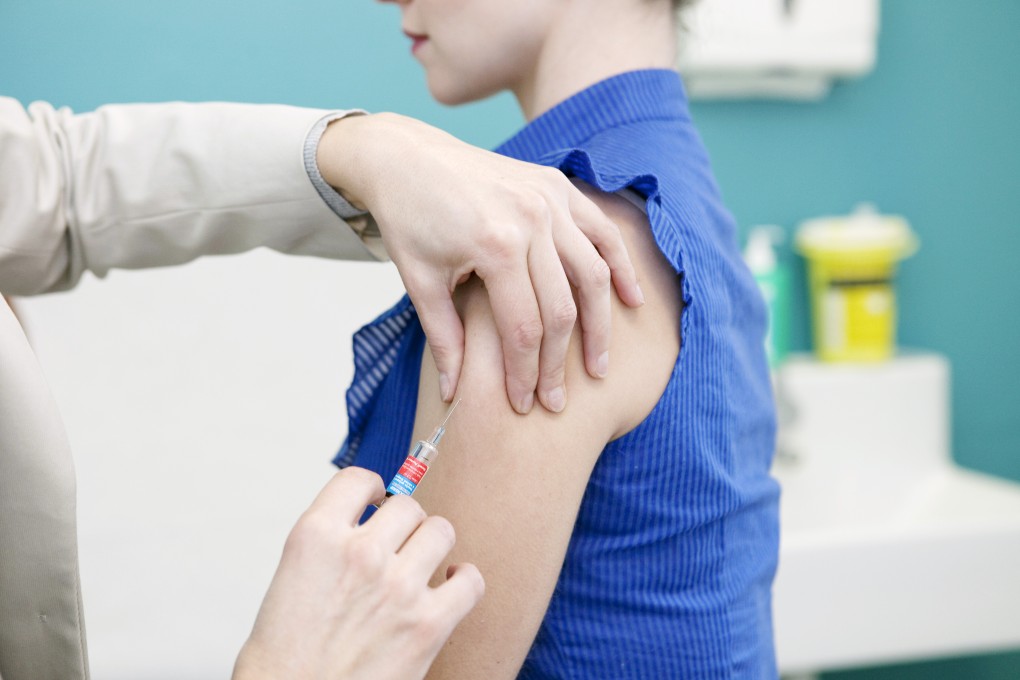Vaccine not responsible for promiscuity, study finds
Researchers find injections against HPV infections make no difference in behaviour

Girls who got vaccinated against the sexually transmitted infection human papillomavirus (HPV) were more likely than their unvaccinated peers to become infected with a sexually transmitted disease, but the vaccine was definitely not to blame for their risky sexual behaviour, according to a new study of more than 200,000 American teens.
Even for girls who didn't get the HPV vaccine, the risk of being diagnosed with an STI increased with age, the study authors found.
By comparing the changes in infection rates for both groups of girls, the researchers were able to isolate the effect of the vaccine - and they found that it was non-existent.
"We found no evidence that HPV vaccination leads to higher rates of STIs," they wrote in a study published on Monday in JAMA Internal Medicine.
The vaccine protects adolescent girls and women against the strains of HPV that cause most cases of cervical cancer. HPV can also cause vaginal, vulvar, anal, penile and oropharynx cancers, which is why the vaccines are recommended for adolescent boys as well as girls.
Two versions of the vaccine - Gardasil and Cervarix - have been endorsed by the Centres for Disease Control and Prevention, though Gardasil fights more strains of HPV and therefore protects against a wider range of cancers, as well as genital warts.
Both vaccines require three doses to take full effect, and experts recommend that boys and girls begin the series when they are 11 or 12 years old. That way, they are fully protected before they become sexually active.